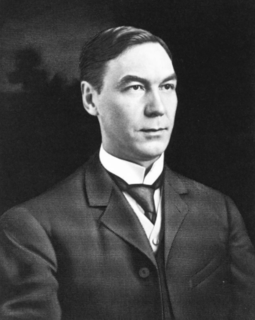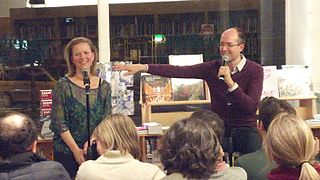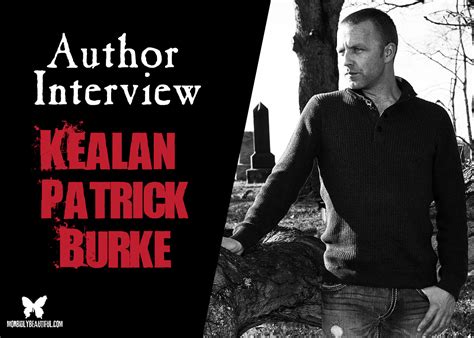A Quote by Nancy A. Collins
Horror serves a cathartic role in human society, all throughout the world. It is a way of confronting the darkness, both within and without.
Quote Topics
Related Quotes
The notion is that human beings are born, (as my Guru has explained many times,) with equivalent potential for both contraction and expansion. The ingredients of both darkness and light are equally present in all of us, and then it's up to the individual (or the family, or the society) to decide what will be brought forth - the virtues or the malevolence. The madness of this planet is largely a result of human being's difficulty in coming into virtuous balance with himself. Lunacy (both collective and individual) results.
The world without is a reflection of the world within. What appears without is what has been found within. In the world within may be found infinite wisdom, infinite power and infinite supply of all that is necessary, waiting for unfoldment, development and expression. If we recognize these potentialities in the world within they will take form in the world without.
Christians have an important role to play in contending that no human life is "devoid of value." We can do so through courageous protest, as happened in Germany, as well, as in compassionate care for the most vulnerable members of society, as Mother Teresa did. In both approaches theology - what one believes about God and human life - matters. The world desperately needs that good news.
In every human society of which we have any record, there are those who teach and those who learn, for learning a way of life is implicit in all human culture as we know it. But the separation of the teacher's role from the role of all adults who inducted the young into the habitual behavior of the group, was a comparatively late invention. Furthermore, when we do find explicit and defined teaching, in primitive societies we find it tied in with a sense of the rareness or the precariousness of some human tradition.
I think the Bhagavad Gita is about both the forces of light and the forces of darkness that exist within our own self, within our own soul; that our deepest nature is one of ambiguity. We have evolutionary forces there - forces of creativity, and love, and compassion, and understanding. But we also have darkness inside us - the diabolical forces of separation, fear and delusion. And in most of our lives, there is a battle going on within ourselves.
Horror itself is a bit of a bullied genre, the antagonist being literary snobbery and public misconception. And I think good horror tackles our darkest fears, whatever they may be. It takes us into the minds of the victims, explores the threats, disseminates fear, studies how it changes us. It pulls back the curtain on the ugly underbelly of society, tears away the masks the monsters wear out in the world, shows us the potential truth of the human condition. Horror is truth, unflinching and honest. Not everybody wants to see that, but good horror ensures that it's there to be seen.





































